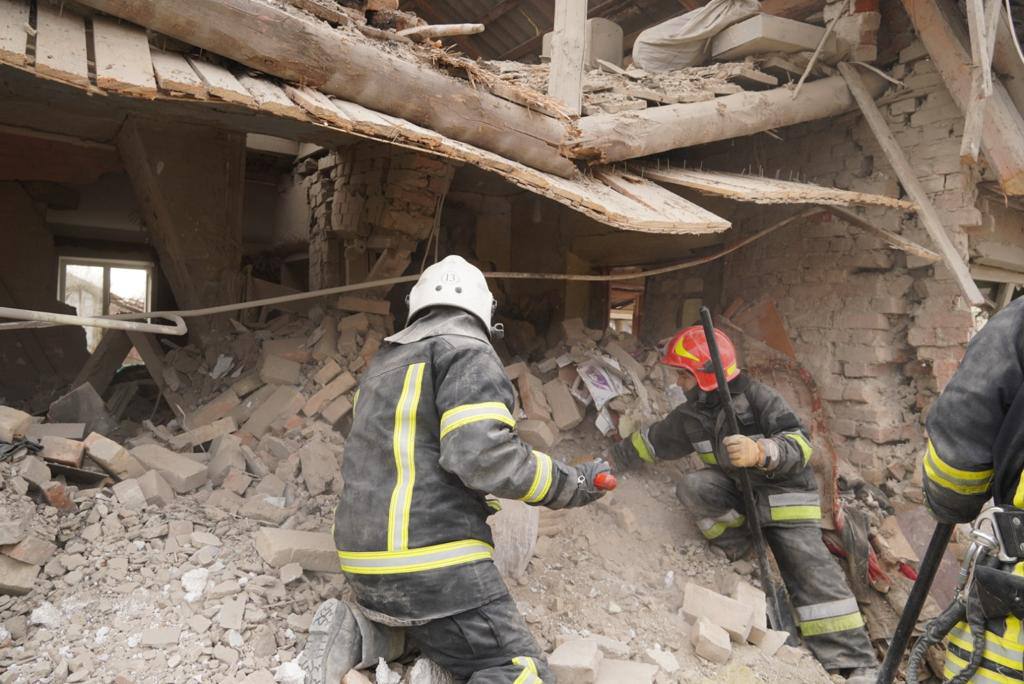Over 80 Russian missiles have been fired by Russia towards Ukrainian cities in the early hours of Thursday, in one of the largest overnight missile attacks in recent months. The shelling has left at least six Ukrainian civilians dead.
According to the Commander-in-Chief of Ukraine’s Armed Forces, Valerii Zaluzhny, the attack utilised 81 missiles and 8 Iranian-made Shahed drones. Russian forces targeted energy infrastructure and civilian areas in the cities of Kyiv, Lviv, Mykolaiv, Odessa, Zhytomyr, Ivano-Frankivsk, Zaporizhzhia, Vinnytsia, Kirovohrad, Dnipro, and Kharkiv.
On Telegram, Ukrainian President Volodymyr Zelenskyy wrote that it had been a “difficult night” for his country; he offered his condolences to those who had lost family in the attacks: “The occupiers can only terrorise civilians... But it won’t help them. They won’t avoid responsibility for everything they have done."
Ukraine’s eastern city of Kharkiv was particularly hard hit by Russian missile attacks, being struck at least 15 times overnight by Russian-made S-300 missiles, the oblast’s governor, Oleh Synihubov, announced on Telegram.
For several months, Russia has been targeting Ukrainian energy infrastructure in a bid to break civilian resistance to its invasion. In a comment to The Brussels Times in December, Ukraine’s Ministry of Energy said that Russian forces had hit almost all its thermal power plants since the start of the war.
In Ukraine, many businesses and homes are forced to rely on petrol generators or high-capacity batteries. Due to the difficult energy situation within the country, Ukrainians must contend with rolling blackouts and load shedding to ration energy.
Related News
- European Parliament President 'hopeful' EU accession negotiations with Ukraine could open this year
- Ukraine to become NATO member, but in ‘long-term’, Stoltenberg says
Despite this, before the latest wave of Russian attacks, Ukraine had managed to stabilise much of its electricity supply.
According to the National Bank of Ukraine’s Macroeconomic Review, in February 2023 the economic growth had been boosted due to an ample supply of electricity. For 25 days in a row, no capacity deficit was predicted by Ukrenergo, Ukraine’s electricity transmission system operator.

